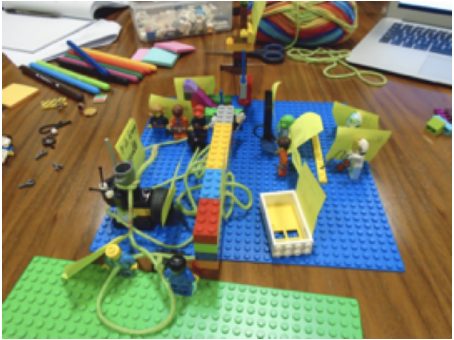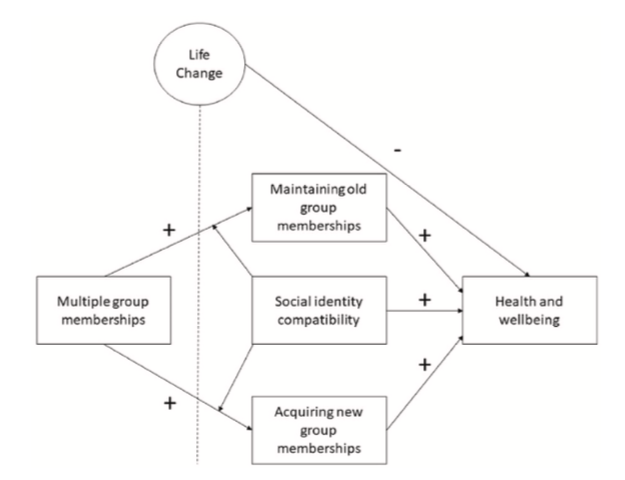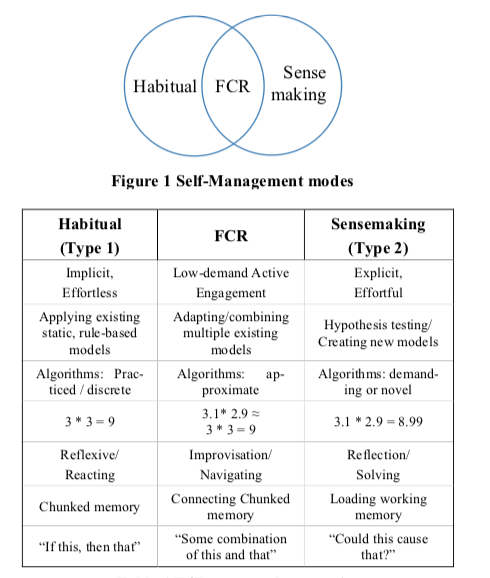
Please look around!
Please note: this site is under iterative and ongoing construction. We hope this can be valued.
Featured Work:
Security Responses in Software Development
The pressure on software developers to produce secure software has never been greater. But what does security look like in environments that don’t produce security-critical software? In answer to this question, this multi-sited ethnographic study characterizes security episodes and identifies five typical behaviors in software development. Using theory drawn from information security and motivation research in software engineering, this paper characterizes key ways in which individual developers form security responses to meet the demands of particular circumstances, providing a framework managers and teams can use to recognize, understand and alter security activity in their
environments. read more here…

Loneliness in older people and COVID-19: Applying the social identity approach to digital intervention design
The COVID-19 pandemic is worsening loneliness for many older people through the challenges it poses in engaging with their social worlds. Digital technology has been offered as a potential aid, however, many popular digital tools have not been designed to address the needs of older adults during times of limited contact. We propose that the Social Identity Model of Identity Change (SIMIC) could be a foundation for digital loneliness interventions. While SIMIC is a well-established approach for maintaining wellbeing during life transitions, it has not been rigorously applied to digital interventions. There are known challenges to integrating psychological theory in the design of digital technology to enable efficacy, technology acceptance, and continued use. The interdisciplinary field of Human Computer Interaction has a history of drawing on models originating from psychology to improve the design of digital technology and to design technologies in an appropriate manner. Drawing on key lessons from this literature, we consolidate research and design guidelines for multidisciplinary research applying psychological theory such as SIMIC to digital social interventions for loneliness. read more here…

Designing for Diabetes Decision Support Systems with Fluid Contextual Reasoning
Type 1 diabetes is a potentially life-threatening chronic condition that requires frequent interactions with diverse data to inform treatment decisions. While mobile technologies such as blood glucose meters have long been an essential part of this process, designing interfaces that explicitly support decision-making remains challenging. Dual-process models are a common approach to understanding such cognitive tasks. However, evidence from the first of two studies we present suggests that in demanding and complex situations, some individuals approach disease management in distinctive ways that do not seem to fit well within existing models. This finding motivated, and helped frame our second study, a survey (n=192) to investigate these behaviors in more detail. On the basis of the resulting analysis, we posit Fluid Contextual Reasoning to explain how some people with diabetes respond to particular situations, and discuss how an extended framework might help inform the design of user interfaces for diabetes management. read more here…





